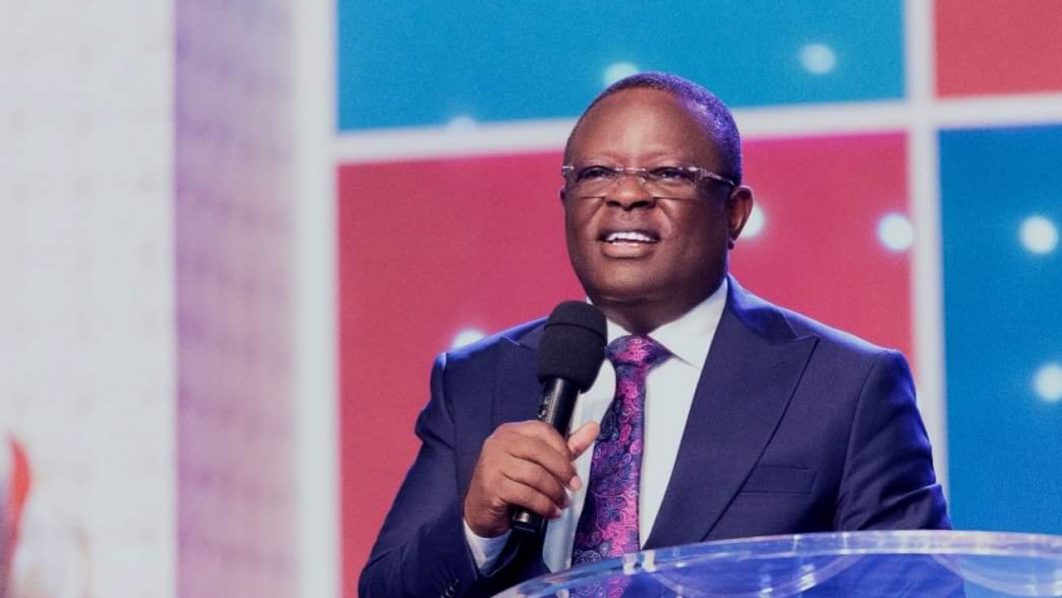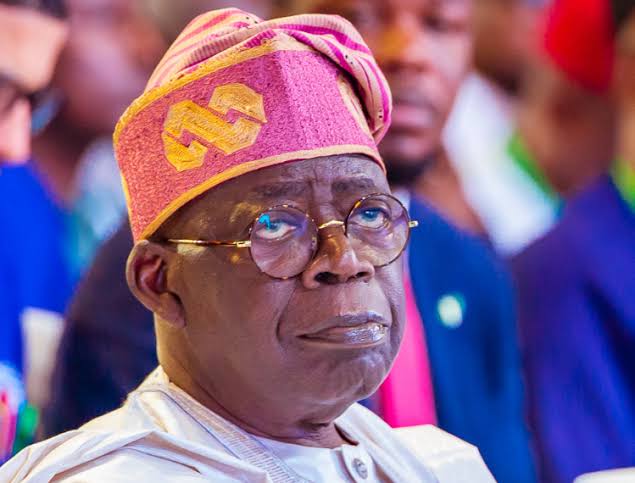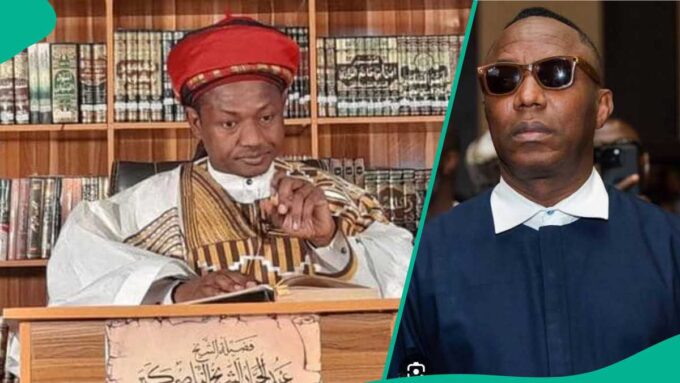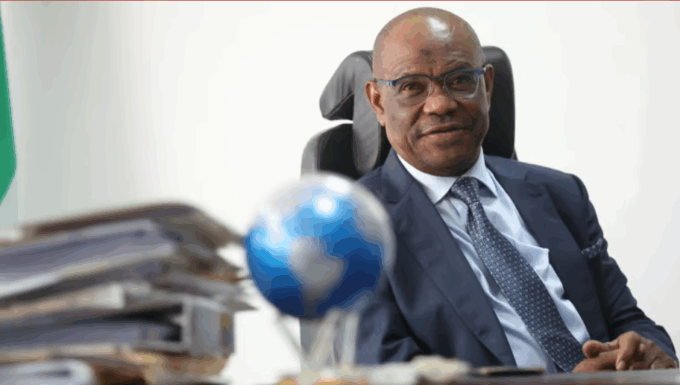The Federal Government has announced a massive rehabilitation plan for Lagos’ Third Mainland Bridge, with Works Minister David Umahi revealing the project will cost either N3.8 trillion for repairs or N3.6 trillion for complete reconstruction. The decision follows comprehensive underwater and structural assessments that uncovered severe damage to the bridge’s foundation caused by years of illegal sand mining, coastal erosion, and metal corrosion.
Speaking after Wednesday’s Federal Executive Council meeting, Minister Umahi explained the alarming findings: “Our technical evaluations confirm the bridge’s piles and piers have sustained critical damage from both environmental factors and human activities. We’ve approved seven specialized contractors to conduct detailed investigations and prepare bids under an Engineering, Procurement, Construction plus Financing model.”
The funding strategy for these critical infrastructure projects will combine multiple approaches. The government plans to utilize public-private partnerships, secure international financing through institutions like Deutsche Bank, and implement EPC+F arrangements to reduce pressure on the national budget.
“These are not ordinary projects that can be funded through regular budget allocations,” Umahi stressed. “We’re creating innovative partnership structures that attract private investment while ensuring the government maintains quality control.”
Alongside the Lagos bridges, the FEC approved emergency interventions for eight other critical bridges nationwide. These include the Jalingo Bridge in Taraba State, the fire-damaged Ido Bridge, Keffi Flyover in Nasarawa, Mokwa Bridge in Niger State, a key bridge on the Abuja-Kogi route, multiple damaged bridges along the Lagos-Ibadan corridor, the important Jebba Bridge in Kwara, and the Itokin-Ikorodu Bridge in Lagos.
The council also addressed the escalating costs of the Kano-Katsina Road project. Section One, originally awarded in 2013 for N14 billion and later revised to N24 billion, now requires N68 billion due to current economic realities. Similarly, Section Two’s budget has increased from its initial N29 billion in 2019 to N46 billion, and now stands at N66.1 billion.
The government has allocated N120 billion across the 2024 and 2025 budgets to complete both sections. Umahi emphasized the critical importance of these infrastructure projects: “Quality road and bridge networks form the backbone of economic growth and national connectivity. We cannot compromise on these essential assets.”
With the Third Mainland Bridge alone carrying over 250,000 vehicles daily, the minister warned that “further delay risks catastrophic failure” given the structure’s advanced deterioration. Procurement processes will begin immediately, with project timelines dependent on finalizing financing agreements.
The Third Mainland Bridge, completed in 1990 as Africa’s second-longest bridge, has undergone periodic maintenance but now requires comprehensive intervention. The nearby Carter Bridge has been deemed beyond repair by contractor Julius Berger, who recommended complete replacement at an estimated cost of N359 billion. These projects form part of Lagos’ vital transportation network, handling massive daily traffic volumes critical to Nigeria’s commercial capital.














Leave a comment